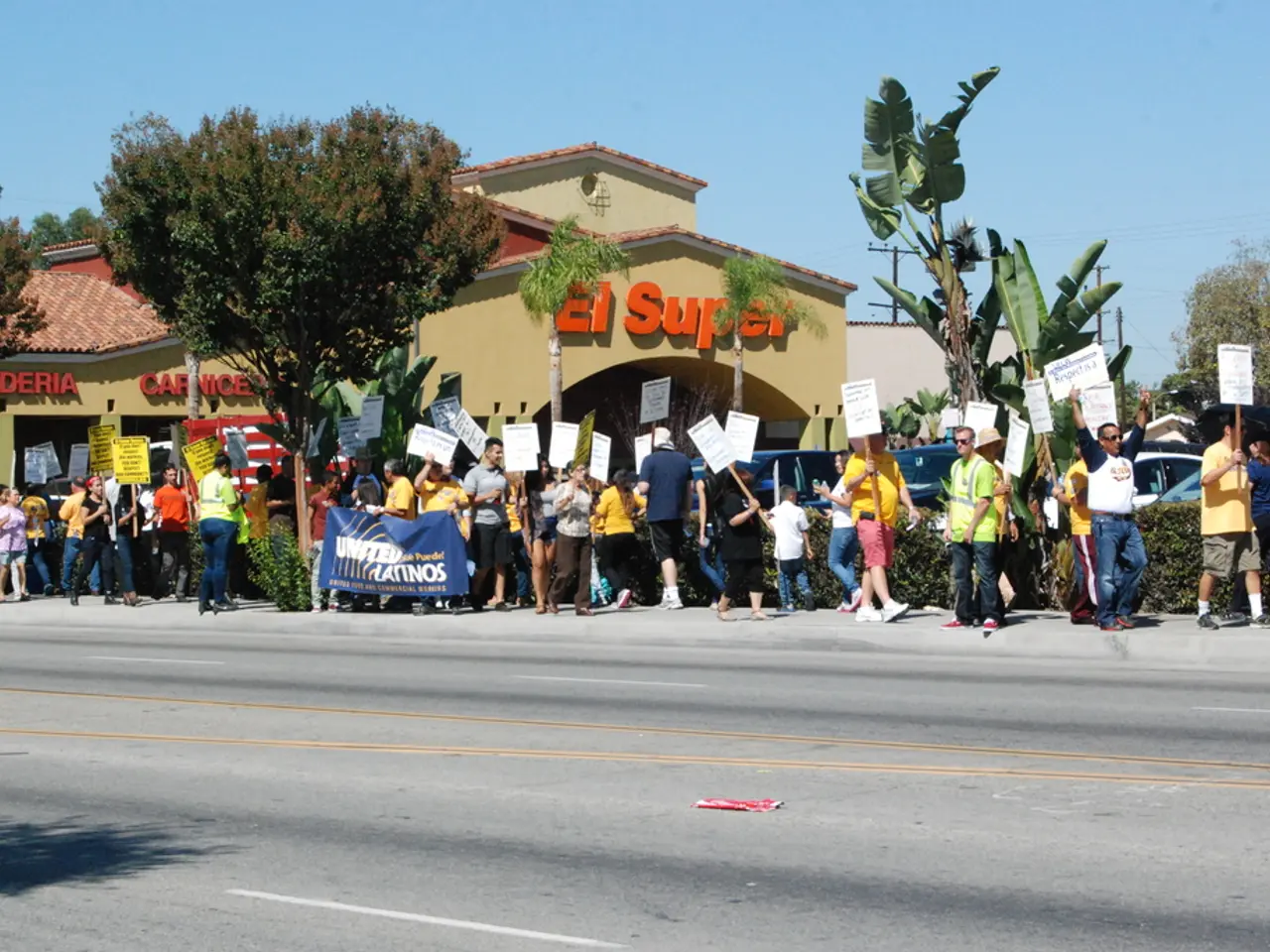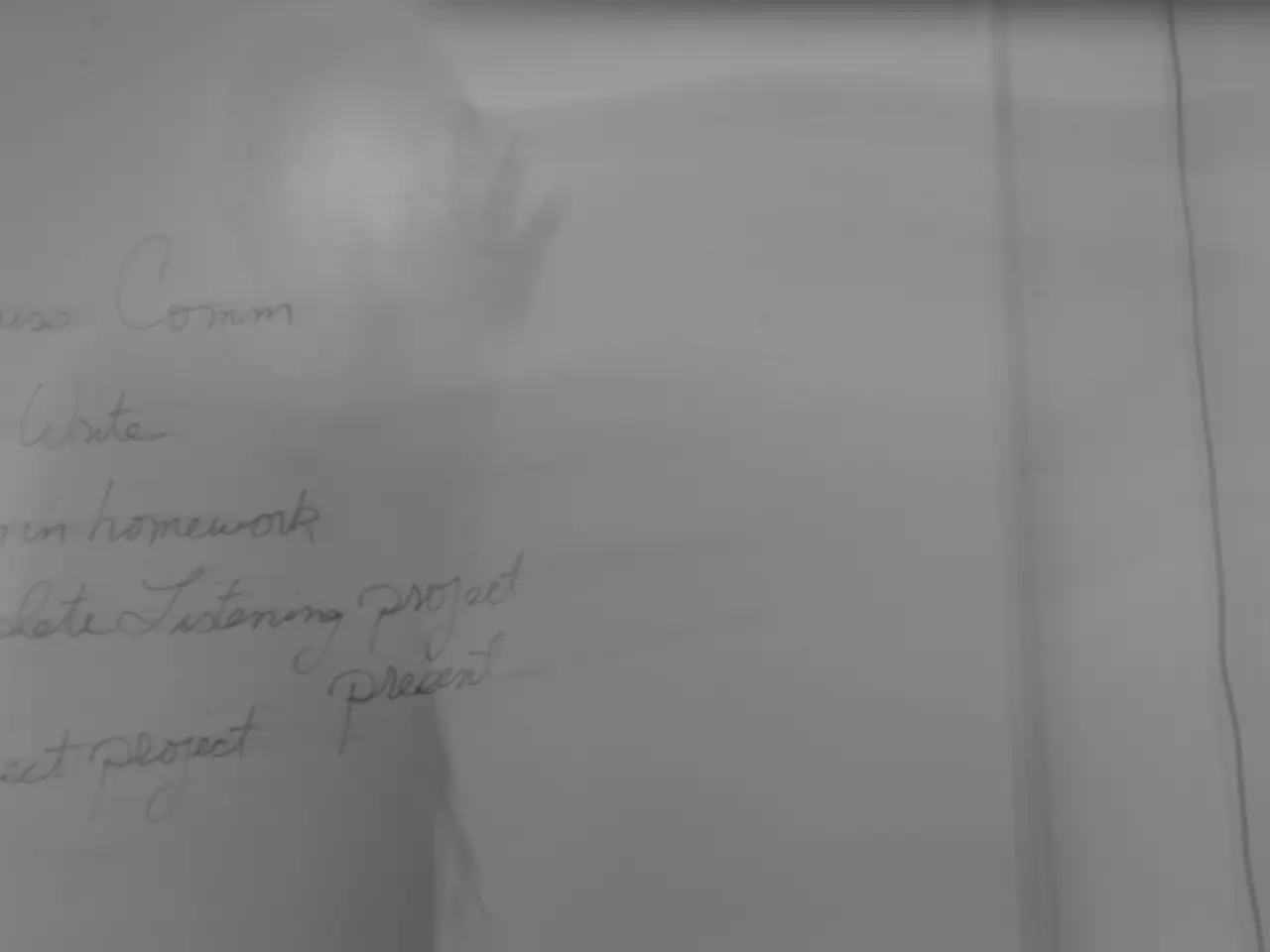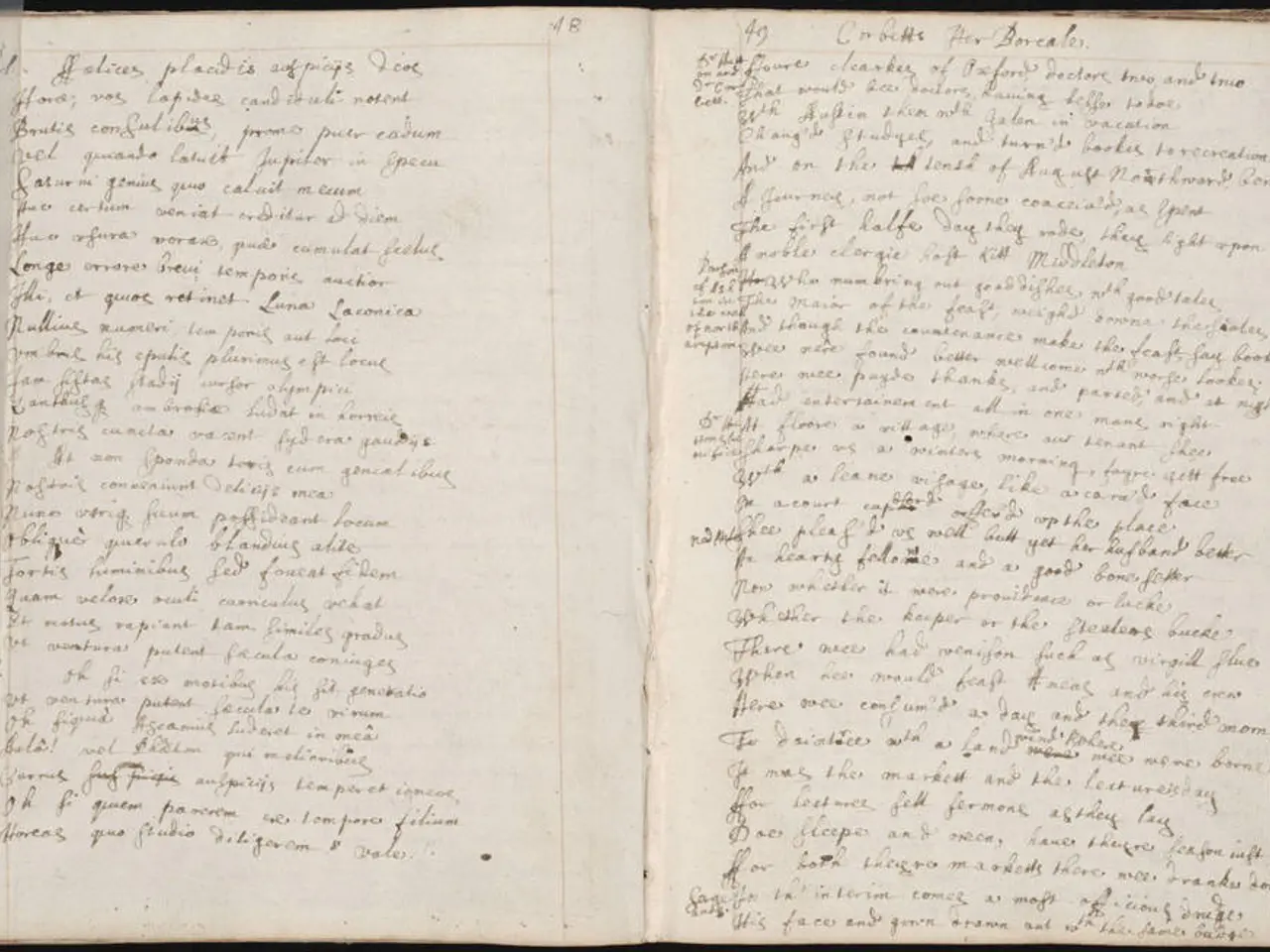Marist College Surveys: The Most Trustworthy Barometer for Measuring Public Opinion on Voting
The Marist College Poll, a renowned public polling organisation based in the United States, has established itself as a trusted source for political races, policy issues, and social topics. With partnerships with major media outlets such as NPR and PBS, Marist College Poll's findings significantly influence public discourse and provide data-driven insights for policymakers, journalists, and the public.
Founded as a small academic operation, the Marist College Poll has grown to become one of the most respected polling organisations in the nation. While the historical details of its founding are not extensively documented, its prominence indicates a trajectory from an academic endeavour to a nationally recognised source for public opinion.
The Marist Poll employs standard polling techniques, including telephone (landline and cell) and online surveys, to capture a representative sample of the population. The organisation is transparent about its methodology, discussing it on the Poll Hub podcast, where experts break down the intricacies of polling, shedding light on "how polling works, what polls really show, and what the numbers really mean."
Marist's accuracy can be assessed by comparing its pre-election polls to actual outcomes. While no specific accuracy rate is cited, the discussion implies that Marist is considered a credible outlet, though all pollsters face challenges in predicting turnout and navigating new electoral systems.
Despite its positive public perception, Marist College Poll, like all pollsters, faces skepticism due to high-profile polling errors in recent national elections. The transparency offered through Poll Hub likely helps bolster trust among engaged audiences.
Key challenges for Marist College Poll include polling inaccuracy, electorate uncertainty, methodological adaptation, and public skepticism. To address these challenges, the institution has demonstrated adaptability to new trends in polling, such as increased use of online surveys and opt-in sampling, and has engaged with contemporary issues, such as public opinion on military intervention, immigration policy, and shifts in trust in institutions like law enforcement.
Looking ahead, the future of Marist College Polling likely involves continued methodological innovation to improve accuracy, including refining online sampling techniques and adapting to changes in voting behavior and electoral systems. Expanding educational outreach via platforms like Poll Hub can further enhance public understanding and trust. As the polling industry evolves, Marist’s commitment to transparency and partnership with reputable media outlets positions it to remain a significant player in the field.
In conclusion, Marist College Poll offers valuable insights into the prevailing attitudes and preferences of voters, shaping the discourse around political decision-making. By capturing trends in voter sentiment over time, these polls offer valuable insights into the shifting political landscape. As the polling industry evolves, Marist College Polling will continue to adapt, ensuring its relevance and accuracy in the digital age.
- The Marist College Poll, widely recognized for its reliable data in political races and social topics, has cemented its status as a trusted source due to partnerships with media outlets like NPR and PBS.
- Originating as an academic endeavor, the Marist College Poll has evolved into one of the most respected polling organizations in the United States.
- The organization employs standard polling techniques, such as telephone and online surveys, to gather a representative sample of the public.
- Through the Poll Hub podcast, the Marist College Poll offers transparency about its polling methodology, discussing the complexities andanalyzing the relevance of the polling industry.
- Marist's pre-election polls are compared to actual outcomes to assess its accuracy, though no specific rate is cited, implying that the organization is generally considered credible.
- Despite occasional polling errors and public skepticism, the transparency offered by the Marist College Poll helps build trust among engaged audiences.
- Key challenges for the Marist College Poll include inaccuracy, electorate uncertainty, methodological adaptation, and public skepticism, which the institution aims to address through adaptability to new trends and engagement with contemporary issues.
- Marist College Polling's future involves methodological innovation to improve accuracy, incorporating refinements in online sampling techniques and adapting to changes in electoral systems and voting behavior.
- Expanding educational outreach via platforms such as Poll Hub can further boost public understanding and trust in the polling process.
- The Marist College Poll offers insights into voter sentiment and trends, shaping discourse around political decision-making and providing valuable intelligence on the evolving political landscape.
- With a commitment to transparency and partnership with reputable media outlets, Marist College Poll aims to remain a significant player in the polling industry as it evolves in the digital age.
- Public polls conducted by Marist College provide crucial data for policymakers, journalists, and the public, ultimately influencing government behavior, media coverage, and public opinion.
- As elections approach, survey results from the Marist College Poll offer data-driven insights on voter preferences and trends, enabling informed forecasting and informed news reporting on the general-news landscape.








